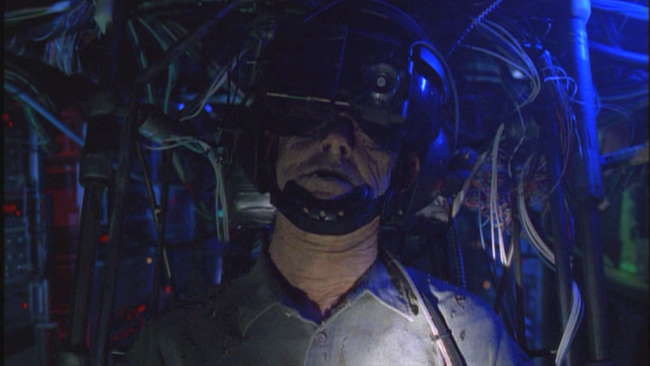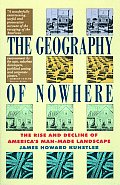Tech Crunch – Good News! CD Music Sales Down 20% from 2006
As the marginal price of recorded music continues to fall towards zero, its natural price, bands will need to make money elsewhere. Live concerts will become more and more popular, and will be the largest source of revenue for many artists. Recorded music will be used to promote those live events. Popular artists will still make a very, very good living. Others will have to decide if love of their art is enough to keep going.
I debating posting this on DMdN, but the above statement stopped me. The reason being… “duh.”
I would say that 99.9% of artists making money these days are making the majority of it from live performance. Not only is it true now, IT HAS ALWAYS BEEN TRUE. Even indie artists who own their own masters and do their own distribution and blah blah blah make most of their money from playing live. The margin on selling music is HORRIBLE. Seriously. Record a record in your bedroom. Put it on iTunes. Ignore the money spent on buying the equipment and your time, the cost of production is zero, right? Well, per song sale, you’ll make on the order of $.70. Which is not too shabby for something that cost nothing to produce, right? Now, play one night in a crappy bar for a $250 gaurentee. You’d need to sell 358 songs on iTunes to make as much money as you’d make in one bar on one night, and if you are only getting a $250 gaurentee, you probably aren’t going to be selling too many songs on iTunes anyway, right?
Now I just ignored a lot of the real costs like: promotion, recording equipment, gas, beer, etc… That makes the math easier, but the fact of the matter is that most artists who are full time musicians are on small labels and don’t really sell too many CDs. For each CD they do sell, the band probably only sees a couple bucks (starting a record label as an investment? don’t be stupid). A short tour where the van doesn’t break down and the band doesn’t have to bail someone out of jail can net the band double whatever their CD sales are for a record. So why would a band record music at all? To promote their live shows, of course! Radio stations need something to play when your band is in town. People who dig you need a way to share your music with their friends. And maybe, just maybe, you’ll be the next Dave Matthews or Nine Inch Nails or something and you’ll actually see a royalty check with a comma in it. Just don’t base your musical career on that one…
Of course, once you become as big as U2 or whatever, you’ll still make the majority of your income from live shows and t-shirts and what not. Why? Well, because now you’ll be playing stadiums where people pay $50 for some crappy seat behind a pole. Look at how much money is made on the year’s big music tours. Now, all that cash goes to the artist unless they made an incredibly stupid deal. Sure, they have a lot of costs to cover, but most of that is profit, baby. These days, they can sell sponsorship of their tour with the result being more profit.
In other words, Mike Arrington, stick to whatcha know when you are going to pundit-ize.



 The Geography of Nowhere (The Rise and Decline of America’s Man-Made Landscape), by James Howard Kunstler
The Geography of Nowhere (The Rise and Decline of America’s Man-Made Landscape), by James Howard Kunstler